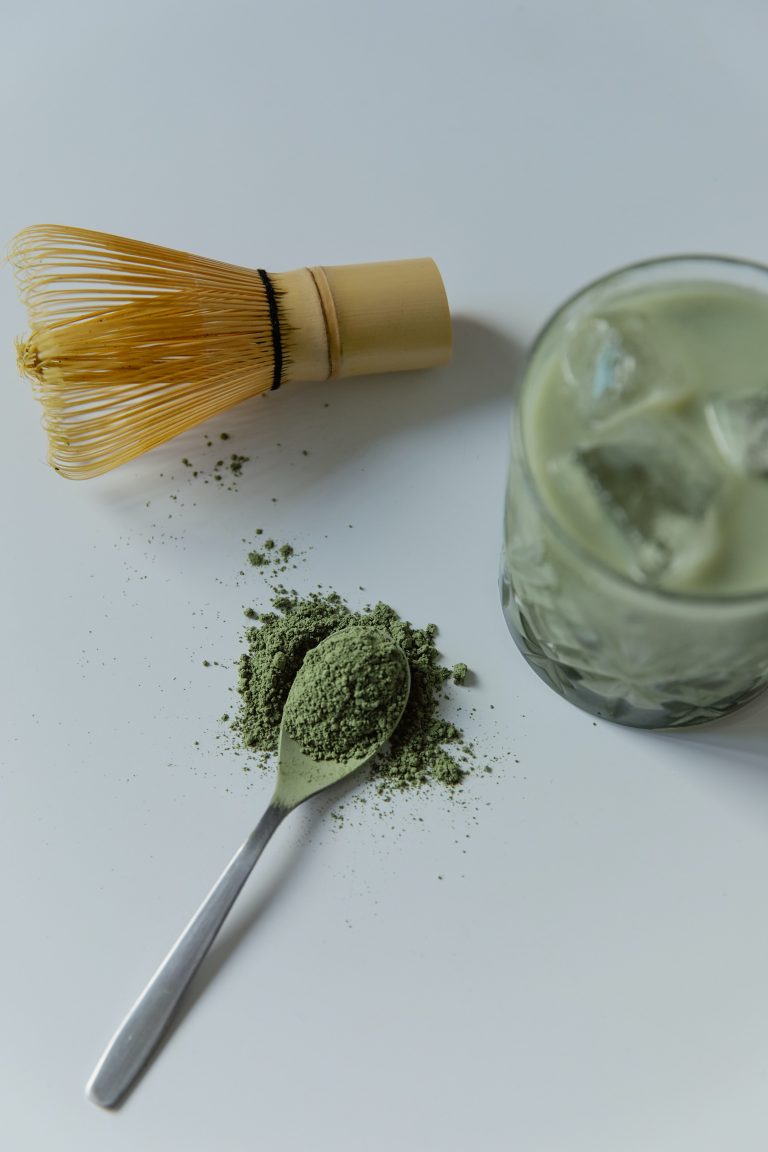Is Chamomile Tea good for Kidney?
Introduction:
Chamomile tea, known for its soothing aroma and relaxing properties, has been consumed for centuries for its potential health benefits. Among its various reputed advantages, there is an ongoing discussion about whether chamomile tea can have positive effects on kidney health. In this article, we delve into the subject to shed light on the potential benefits and considerations of chamomile tea for kidney health.
Understanding Kidney Health:
Before exploring the effects of chamomile tea on kidney health, it is important to understand the vital role the kidneys play in our bodies. The kidneys are responsible for filtering waste products, excess water, and toxins from the blood, producing urine, and maintaining electrolyte balance. Any impairment in kidney function can lead to various complications and health issues.
The Potential Benefits of Chamomile Tea:
- Anti-inflammatory properties: Chamomile tea contains compounds with anti-inflammatory properties that may help reduce inflammation in the body. Chronic kidney disease (CKD) often involves inflammation, and the anti-inflammatory effects of chamomile tea may potentially offer some relief.
- Antioxidant properties: Chamomile tea contains antioxidants that help fight against free radicals, which can cause cellular damage. By reducing oxidative stress, chamomile tea may contribute to the overall health of the kidneys.
- Diuretic properties: Chamomile tea has mild diuretic properties, meaning it may increase urine production. This can potentially aid in flushing out toxins and preventing the formation of kidney stones.
- Stress reduction: Chronic stress can have negative effects on kidney health. Chamomile tea is known for its calming and anxiety-reducing properties, which may help manage stress levels. By promoting relaxation, chamomile tea indirectly supports kidney health.
Considerations and Precautions:
While chamomile tea offers potential benefits, it is important to exercise caution and consider individual circumstances. Here are a few considerations to keep in mind:
- Allergies: Some individuals may be allergic to chamomile or other plants from the Asteraceae family. If you have known allergies, consult a healthcare professional before consuming chamomile tea.
- Medication interactions: Chamomile tea may interact with certain medications, including blood thinners, sedatives, and antiplatelet drugs. If you are taking any medications, it is advisable to consult your doctor before incorporating chamomile tea into your routine.
- Moderation: While chamomile tea is generally considered safe, excessive consumption may lead to adverse effects such as drowsiness or allergic reactions. It is best to consume chamomile tea in moderation and observe how your body responds.
- Underlying conditions: If you have any underlying kidney conditions or are undergoing treatment for kidney-related issues, it is crucial to consult a healthcare professional before making any changes to your diet or incorporating new herbal remedies.
Chamomile tea offers a range of potential benefits and has been consumed for centuries for its soothing and relaxing properties. While there is limited scientific research specifically focusing on the effects of chamomile tea on kidney health, its anti-inflammatory, antioxidant, and stress-reducing properties may indirectly support kidney health. However, it is important to exercise caution, consider individual circumstances, and consult a healthcare professional before making any significant changes to your diet or incorporating chamomile tea into your routine. Remember, maintaining a healthy lifestyle and seeking professional medical advice are essential for optimal kidney health.






